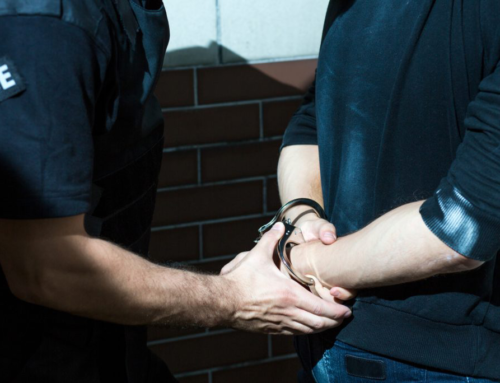
According to the National Registry of Exonerations, more than 300 of the 1,900 people exonerated since 1989 plead guilty to their charges before incarceration. Why would someone plead guilty to a crime they did not commit? The answer lies in the evolution of our criminal justice system.
Criminal Justice in the United States
Over the past few decades, there has been a steady upward trend of defendants pleading guilty. Thanks to changes in the law, such as the institution of mandatory minimum sentencing, the penalties and risk of going to prison have increased. With such high penalties, defendants have to make a choice – fight the charges and face an extensive stay in prison if the fight is unsuccessful, or plead guilty now in exchange for a lesser sentence. A guaranteed short sentence versus an uncertain, but possible long one – it’s a difficult choice, and one that too many have to make.
What can we do to protect these innocent people from incarceration? One way would be to do away with mandatory minimum sentencing, impossible as that may seem politically. But on the smaller scale, we can only do our jobs – providing thorough, vigorous and aggressive defense to defendants accused of crimes in Texas.
Our Dallas-Fort Worth criminal defense attorneys can advise you on the best course of action in your case, including plea bargaining.







